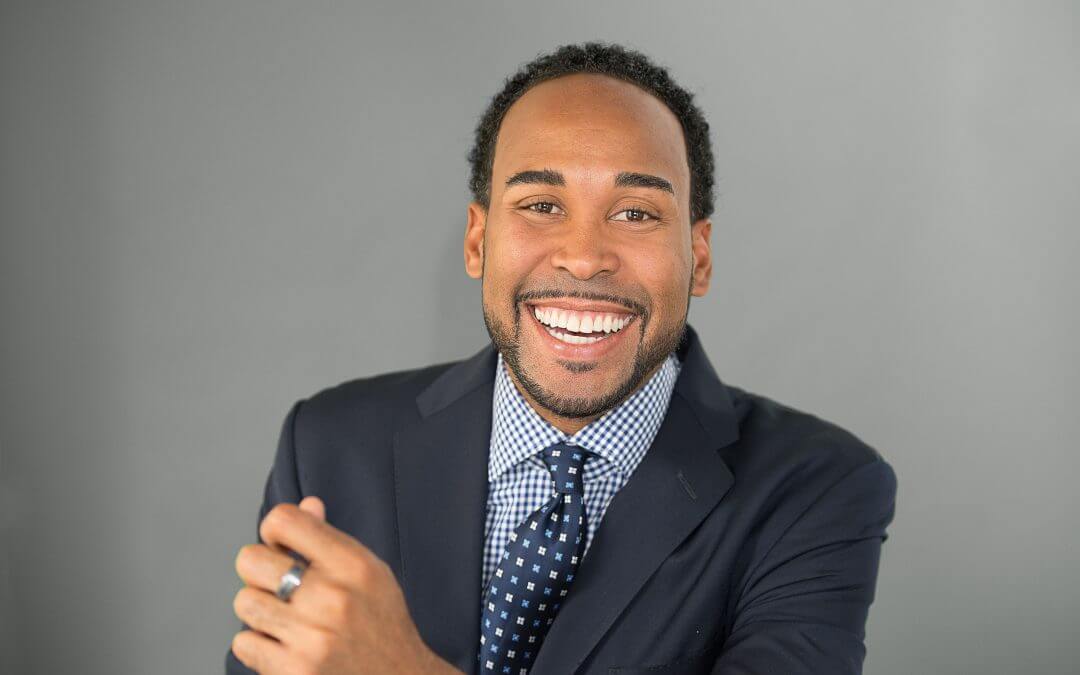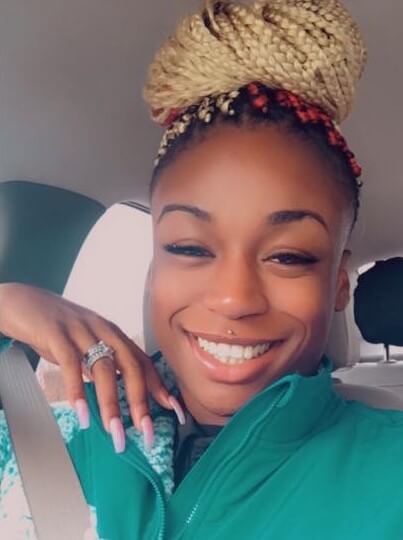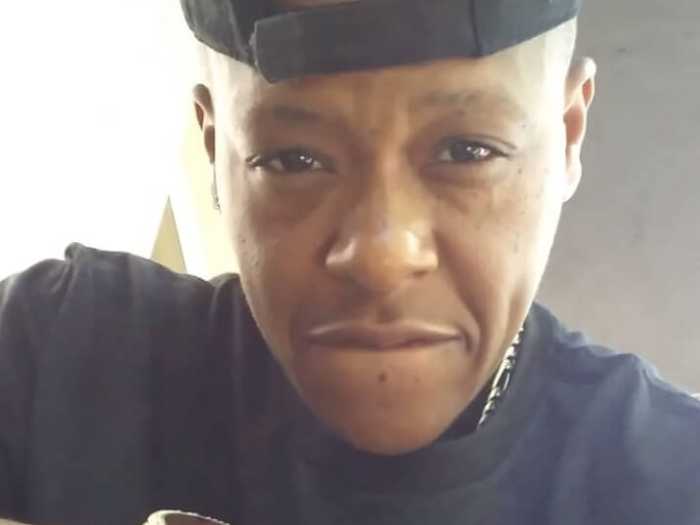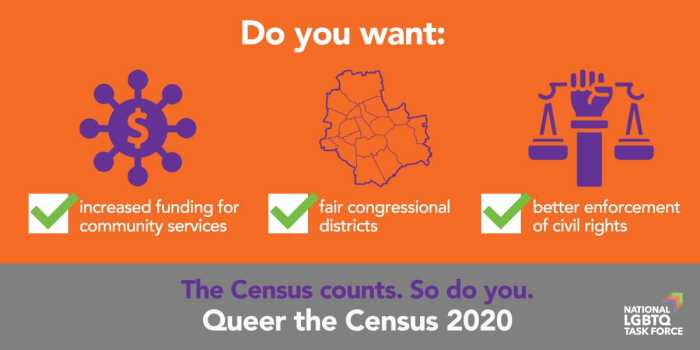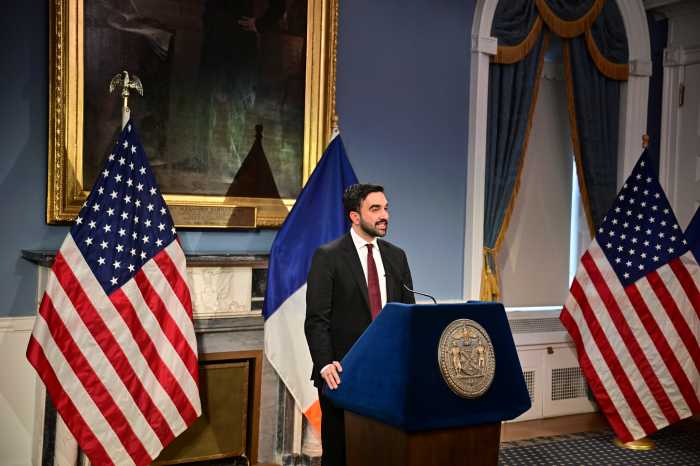The National Black Justice Coalition and Out in Tech, a non-profit for LGBTQ tech leaders, have launched the Lavender Book, a community-led directory inspired by the Green Book, a guide released during the Jim Crow era to help Black travelers find safe restaurants, hotels, and other establishments while traveling. In a similar fashion, the Lavender Book maps LGBTQ-friendly businesses that are welcoming to Black and Brown LGBTQ individuals.
The app intends to serve as a resource for Black parents of queer and trans children who may struggle to find diverse and queer-inclusive hubs.
David Johns, the executive director of the National Black Justice Coalition, explained that a business owner from Brooklyn who is featured in the directory said it is challenging to find places offering support for Black queer children.
“She has three children. One of them identifies as non-binary and uses ‘they’ and ‘them’ pronouns,” Johns said. “She talked about the lack of resources like the Lavender Book that exists for young people in particular.”
The app also aims to help younger people hunkered in unsupportive homes.
“Many young people who could not be in college were forced to be sheltered in place in a space that wasn’t tolerant of them,” Johns said. “Let alone supportive and loving. These dynamics happen often in silence.”
The Lavender Book’s directory allows users to submit, research, and review a range of businesses. Plus, the spaces can be sorted based on accessibility needs, including whether or not the establishment has a gender-neutral bathroom or if American Sign Language is used at the business.
Andrew Lowenthal, executive director of Out in Tech, said the app would promote safety within the community.
“We believe every person deserves to be treated with respect and dignity. However, there are still states where people can be denied services on the basis of perceived sexual orientation and gender identity,” Lowenthal said in a written statement. “Unfortunately, there are also unfriendly, unwelcoming, and even hostile environments specifically for BIPOC members of our community.”
Lowenthal added, “By leveraging the power of technology and crowdsourcing for social change, we hope to help BIPOC LGBTQ+ folks find safe and inclusive spaces at the recommendation of their peers.”
According to a report from UCLA’s William’s Institute, of nearly 1.2 million Black LGBTQ adults in the US, about 55 percent reported that they live in an area that is not safe for transgender people. In contrast, 39 percent said it is “not a good place” for lesbian, gay, or bisexual individuals. Additionally, the survey found that a whopping 79 percent of Black LGBTQ adults reported having experienced verbal insults or abuse because of their sexual orientation or gender identity. Furthermore, the report notes that more than three-quarters of Black LGBTQ and non-LGBTQ adults reported daily experiences with bias.
There is also a history of businesses discriminating against LGBTQ people of color in New York. This year, a gay married couple in the Bronx accused a local restaurant of kicking them out after embracing each other in the establishment. While the couple was inside the eatery, an employee allegedly repeatedly yelled “Hombre, mujer” or “Man, woman.” Last month, Charles Hughes, the co-owner of the Black LGBTQ bar Lambda Lounge, recalled a time when an evening with his husband was ruined by a DJ who yelled, “men don’t dance with men!”
With the creation of this app, Black LGBTQ people can spend less time crowdsourcing information about “the barbershop or the bakery or rideshare company,” Johns said. Instead, they can enjoy life.
“We face a considerable amount of violence and trauma,” Johns said. “Much of what my hope is about the app is that it will reduce the labor that we often expand that goes on unacknowledged and unrewarded, trying to minimize our exposure to those forms of trauma and violence. I can call and not have to worry about being triggered or traumatized as a result of someone’s lack of competence and compassion.”

